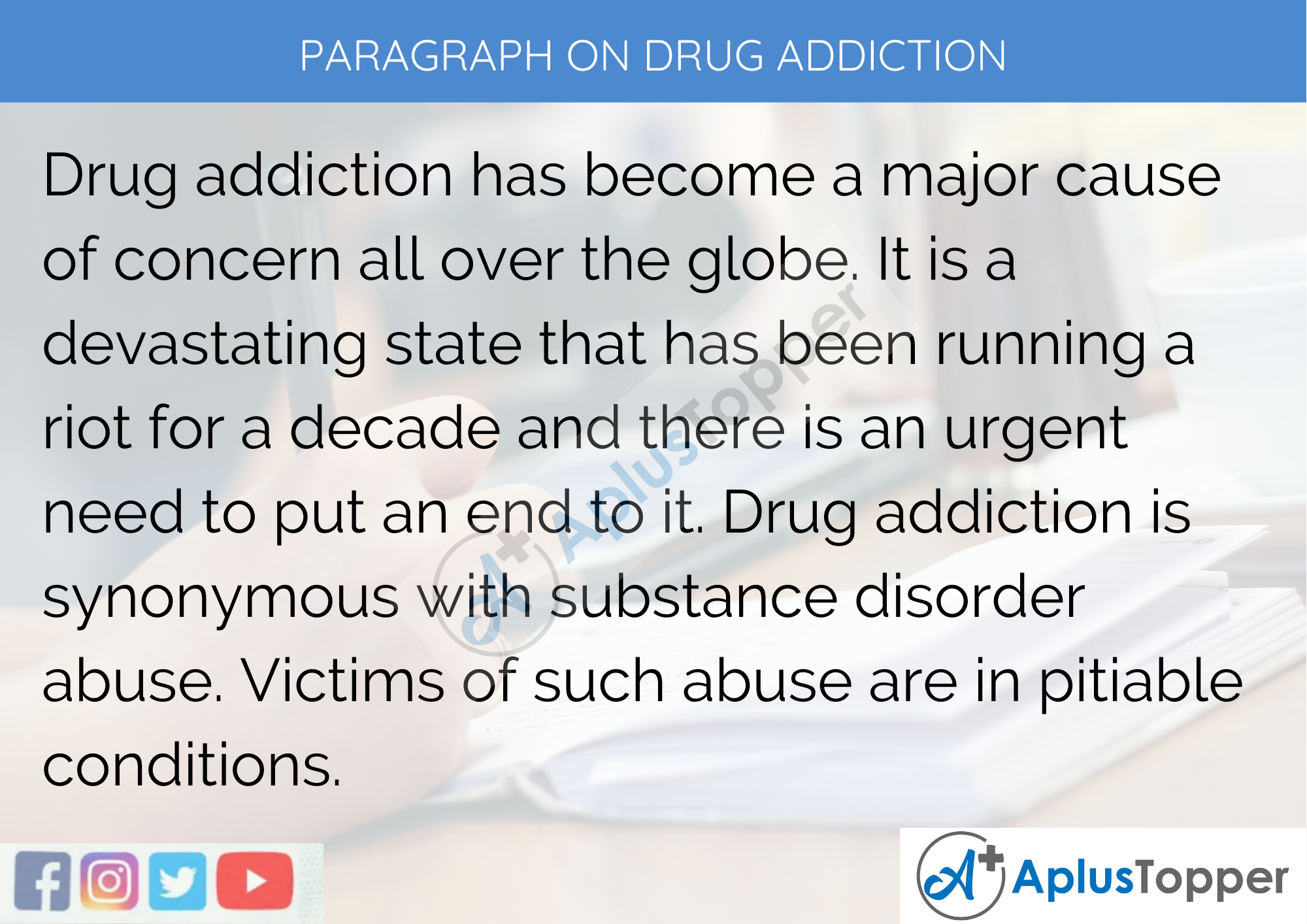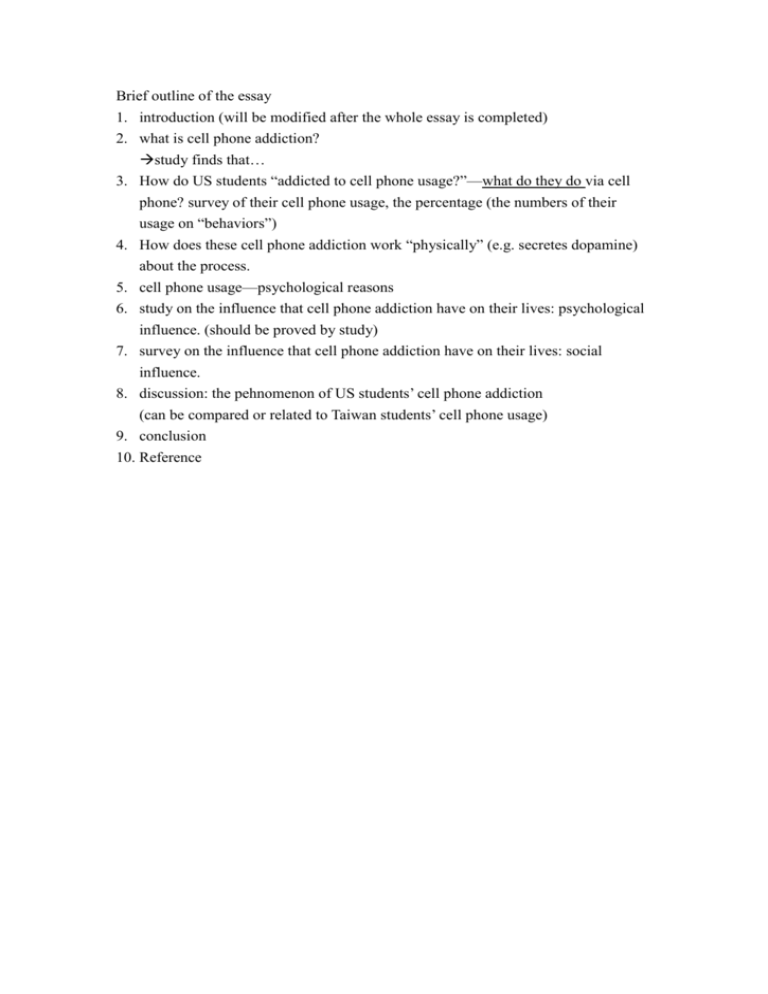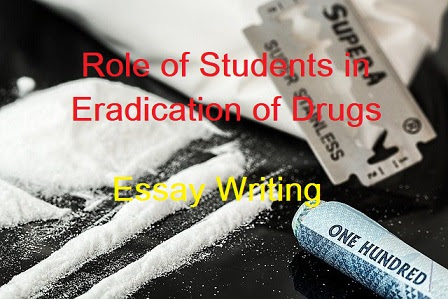Drug addiction is a complex and dangerous condition that affects millions of people around the world. It is characterized by a compulsive need to use drugs, even when the negative consequences of drug use are apparent. Addiction can cause severe physical and mental health problems, damage relationships and financial stability, and lead to criminal behavior. It is a chronic disease that often requires professional treatment and support to overcome.
There are many different drugs that can lead to addiction, including illegal substances like opioids, cocaine, and amphetamines, as well as prescription medications like benzodiazepines and stimulants. These drugs affect the brain's reward system by releasing large amounts of dopamine, a neurotransmitter that is associated with pleasure and reward. Over time, the brain becomes accustomed to the high levels of dopamine and may stop producing it naturally, leading to physical dependence on the drug.
There are several factors that can contribute to the development of drug addiction. Genetics play a role in vulnerability to addiction, as certain individuals may have a higher likelihood of developing an addiction due to their genetic makeup. Environmental factors, such as a history of trauma or stress, can also increase the risk of drug addiction. Additionally, certain mental health conditions, such as depression or anxiety, can make an individual more prone to substance abuse.
The consequences of drug addiction can be severe and wide-reaching. It can lead to physical health problems such as organ damage, overdose, and even death. Addiction can also have negative effects on mental health, including anxiety, depression, and psychosis. It can damage relationships and cause financial strain, as the individual may prioritize drug use over other responsibilities. Drug addiction may also lead to criminal behavior, as individuals may turn to illegal activities to fund their drug use.
Treatment for drug addiction often involves a combination of therapy, medication, and support from family and friends. Detoxification, or the process of eliminating the drug from the body, is often the first step in treatment. This can be a difficult and potentially dangerous process, as withdrawal symptoms can be severe and may even be life-threatening. Medications may be used to alleviate withdrawal symptoms and help with the detox process.
After detox, the individual may undergo therapy to address the underlying causes of their addiction and learn coping skills to prevent relapse. This can include individual therapy, group therapy, and participation in support groups like Narcotics Anonymous. Some individuals may also benefit from medications, such as antidepressants or anti-anxiety medications, to address underlying mental health conditions that may have contributed to their addiction.
Overcoming drug addiction is a challenging process, but it is possible with the right support and treatment. It is important for individuals struggling with addiction to seek help as soon as possible, as the longer the addiction goes on, the harder it can be to overcome. If you or someone you know is struggling with drug addiction, it is important to reach out for help. There are many resources available, including rehabilitation centers, therapists, and support groups, that can provide the support and guidance needed to overcome addiction and build a healthy, drug-free life.








